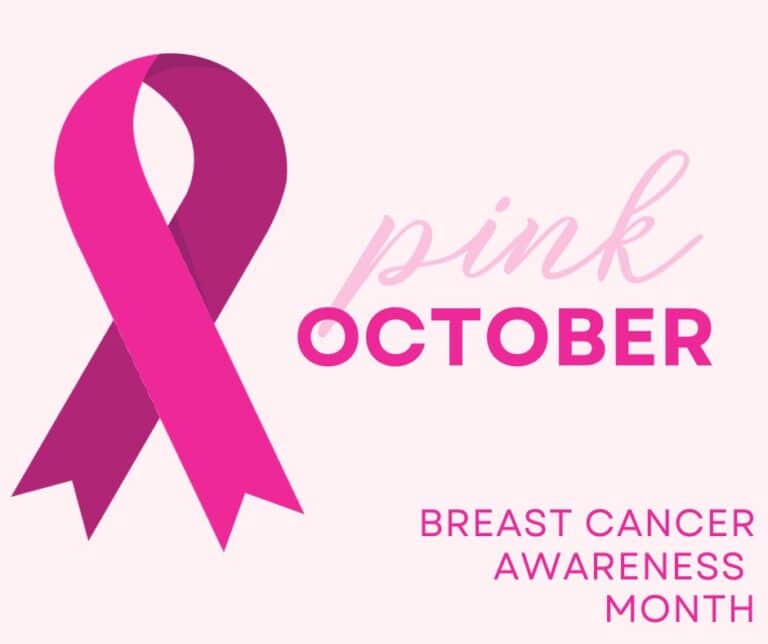The U.S. Preventive Services Task Force now recommends women who are at average risk for breast cancer get screening mammograms every two years starting at age 40. The recommendation is in response to the increase in breast cancer diagnoses in younger women and high mortality rates in Black women.
Women with strong family histories of breast cancer, African Americans and those of Ashkenazi Jewish descent should have a risk assessment at age 30 to see if a screening mammogram is needed before they are 40. Women who were previously diagnosed with breast cancer are recommended to be screened with magnetic resonance imaging, an MRI.
“The best chance for survival of any cancer is early diagnosis and treatment,” said Kevin Lee, MD, Radiation Oncologist at Gadsden Regional Medical Center. “Mammograms can detect cancer before any symptoms, such as a lump, or spreading of the disease occurs, which can increase the likelihood of recovery.”
In Alabama, 3,959 new female breast cancer cases were reported in 2020, the most recent year data is available.
While mortality from breast cancer has declined in recent years, it remains the second most common cancer causing death in women. Lung cancer is the most common.
A screening mammogram can help detect breast cancer in its earliest and most treatable stages. Gadsden Regional Medical Center is encouraging women to schedule their screening now, because when breast cancer is detected early, life-saving treatment can begin right away.
Nearly all breast cancers can be treated successfully if found early. The most effective way to detect breast cancer at an early and treatable stage is to schedule regular mammograms. Since mammography became widely used in the 1980s, the U.S. breast cancer death rate in women has dropped 43 percent through 2020.






